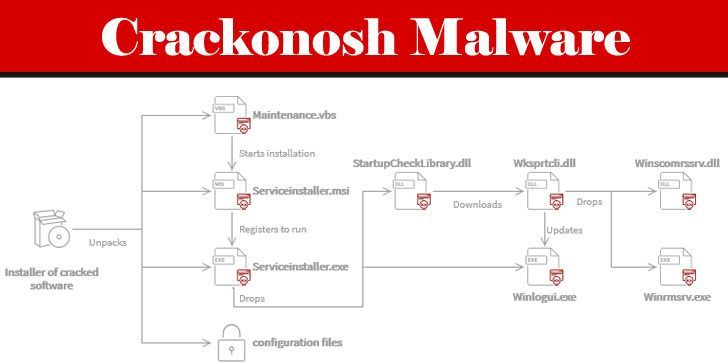Hackers have siphoned $611 million worth of cryptocurrencies from a blockchain-based financial network in what’s believed to be one of the largest heists targeting the digital asset industry, putting it ahead of breaches targeting exchanges Coincheck and Mt. Gox in recent years.
Poly Network, a China-based cross-chain decentralized finance (DeFi) platform for swapping tokens across multiple blockchains such as Bitcoin and Ethereum, on Tuesday disclosed unidentified actors had exploited a vulnerability in its system to plunder thousands of digital tokens such as Ether.
“The hacker exploited a vulnerability between contract calls,” Poly Network said.






